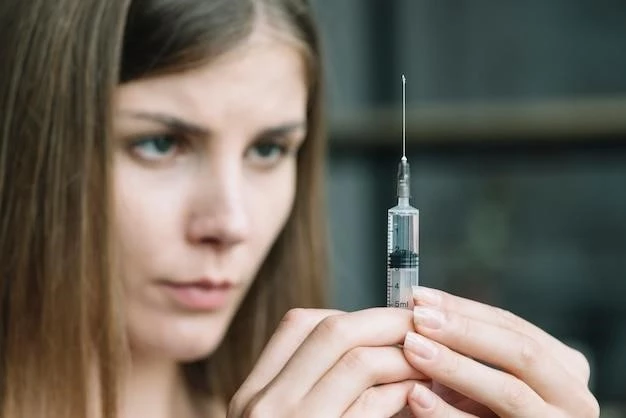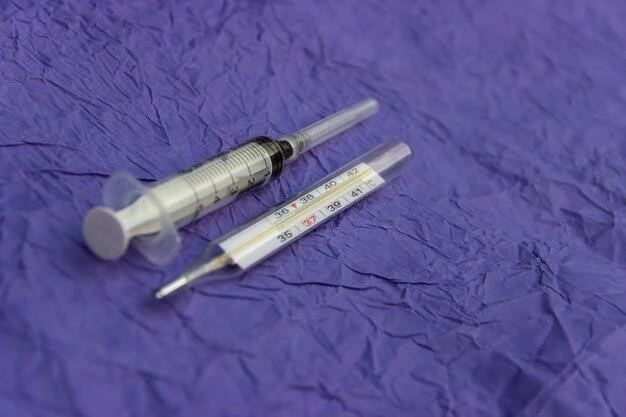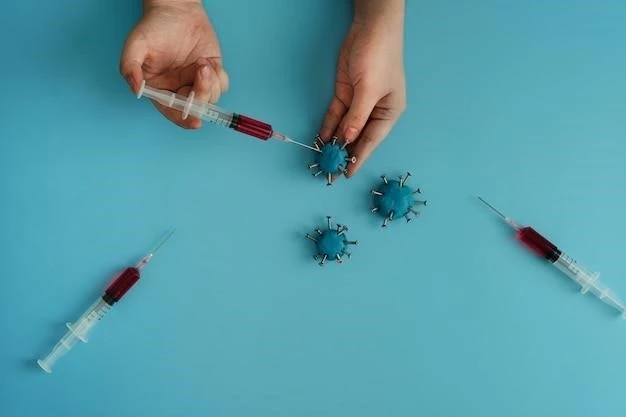Introduction
Trypanophobia is an intense fear of medical procedures involving needles or injections. This fear can lead to anxiety, panic attacks, and avoidance behaviors, affecting healthcare access for individuals. Understanding and managing trypanophobia is crucial for providing adequate medical care.
Trypanophobia is an intense fear of medical procedures involving needles or injections, leading to anxiety, panic attacks, and avoidance behaviors. This condition is often out of proportion to the actual threat posed by the needle-related stimuli and can significantly impact an individual’s healthcare access and overall well-being.
Causes of Trypanophobia
Trypanophobia can be triggered by genetics and family history, as well as previous traumatic experiences involving needles. These factors contribute to the development of an intense fear of medical procedures involving needles or injections.
Definition of Trypanophobia
Trypanophobia is an intense fear of medical procedures involving needles or injections. Individuals with this phobia may experience anxiety, panic attacks, and may go to great lengths to avoid situations involving needles, impacting their healthcare decisions and well-being.
Previous Traumatic Experiences
People with trypanophobia may develop this fear due to negative or traumatic experiences involving needles in the past. These experiences can create lasting associations between needles and fear, contributing to the development of trypanophobia.
Symptoms of Trypanophobia
Individuals with trypanophobia may experience debilitating anxiety and panic attacks when faced with medical procedures involving needles. This fear often leads to avoidance behaviors, impacting their ability to receive necessary healthcare.
Anxiety and Panic Attacks
Individuals with trypanophobia often experience overwhelming anxiety and panic attacks when confronted with medical procedures involving needles. The fear triggered by needles can lead to physical symptoms such as rapid heartbeat, sweating, and trembling, exacerbating the overall distress associated with the phobia.
Avoidance of Medical Procedures
Individuals with trypanophobia often go to great lengths to avoid medical procedures involving needles, which can result in delayed or neglected healthcare. This avoidance behavior stems from the intense fear and anxiety experienced when faced with needle-related situations.

Diagnosis of Trypanophobia
Recognizing trypanophobia involves understanding the intense fear individuals experience when faced with medical procedures that involve needles. Seeking professional help can aid in the diagnosis and management of this phobia to ensure individuals receive the care they require.
Recognizing Needle Phobia
Recognizing trypanophobia involves understanding the excessive fear and anxiety individuals experience when faced with medical procedures that involve needles. This fear can manifest in various physical and psychological symptoms, leading to avoidance behaviors and significant distress.
Seeking Professional Help
For individuals struggling with trypanophobia, seeking professional help from therapists or psychologists can provide valuable support in managing and overcoming their fear of needles. Therapists can offer techniques and strategies to address the phobia, enhancing the individual’s ability to cope with medical procedures involving needles.
Treatment Options for Trypanophobia
Therapy and counseling can be effective in helping individuals manage trypanophobia. Additionally, medication for phobia management may be prescribed to alleviate symptoms and improve the individual’s ability to cope with medical procedures involving needles.
Therapy and Counseling
Therapy and counseling are effective treatment options for trypanophobia, helping individuals address their fear of needles through techniques such as cognitive-behavioral therapy and exposure therapy. Counseling sessions can provide a safe space to explore the underlying causes of the phobia and develop coping strategies to manage it.
Medication for Phobia Management
Medication can be a helpful component of managing trypanophobia by reducing anxiety and panic symptoms associated with needle phobia. Healthcare providers may prescribe anti-anxiety medications or other pharmacological interventions to assist individuals in coping with their fear of needles during medical procedures.

Coping Strategies for Trypanophobia
Exposure therapy and relaxation techniques can help individuals manage their trypanophobia. These strategies aim to desensitize individuals to needle-related stimuli and reduce anxiety levels, ultimately improving their ability to handle medical procedures involving needles.
Exposure Therapy
Exposure therapy is a common approach used to help individuals overcome their fear of needles, promoting gradual and controlled exposure to needle-related stimuli. By facing their phobia in a safe environment, individuals can learn to manage their anxiety reactions and increase their tolerance towards medical procedures involving needles.
Relaxation Techniques
Using relaxation techniques such as deep breathing, meditation, or mindfulness can help individuals with trypanophobia manage their anxiety and stress levels when faced with needle-related situations. These techniques aim to promote calmness and reduce the physical symptoms of fear and panic.
Prevalence of Trypanophobia
Studies show that around 20% of the population experiences some degree of trypanophobia, impacting healthcare access. It is crucial to address this fear to ensure individuals receive necessary medical care despite their phobia.
Statistics on Needle Phobia
Approximately 20% of the population experiences some degree of trypanophobia, impacting healthcare access and individuals’ willingness to seek medical care involving needles. It is crucial to address and manage this phobia to ensure individuals receive necessary healthcare despite their fear.
Impact on Healthcare Access
Trypanophobia can significantly impact healthcare access as individuals may avoid necessary medical procedures involving needles due to fear and anxiety. This avoidance behavior can lead to delayed or neglected healthcare, highlighting the importance of addressing and managing needle phobia to ensure individuals receive proper medical treatment.
